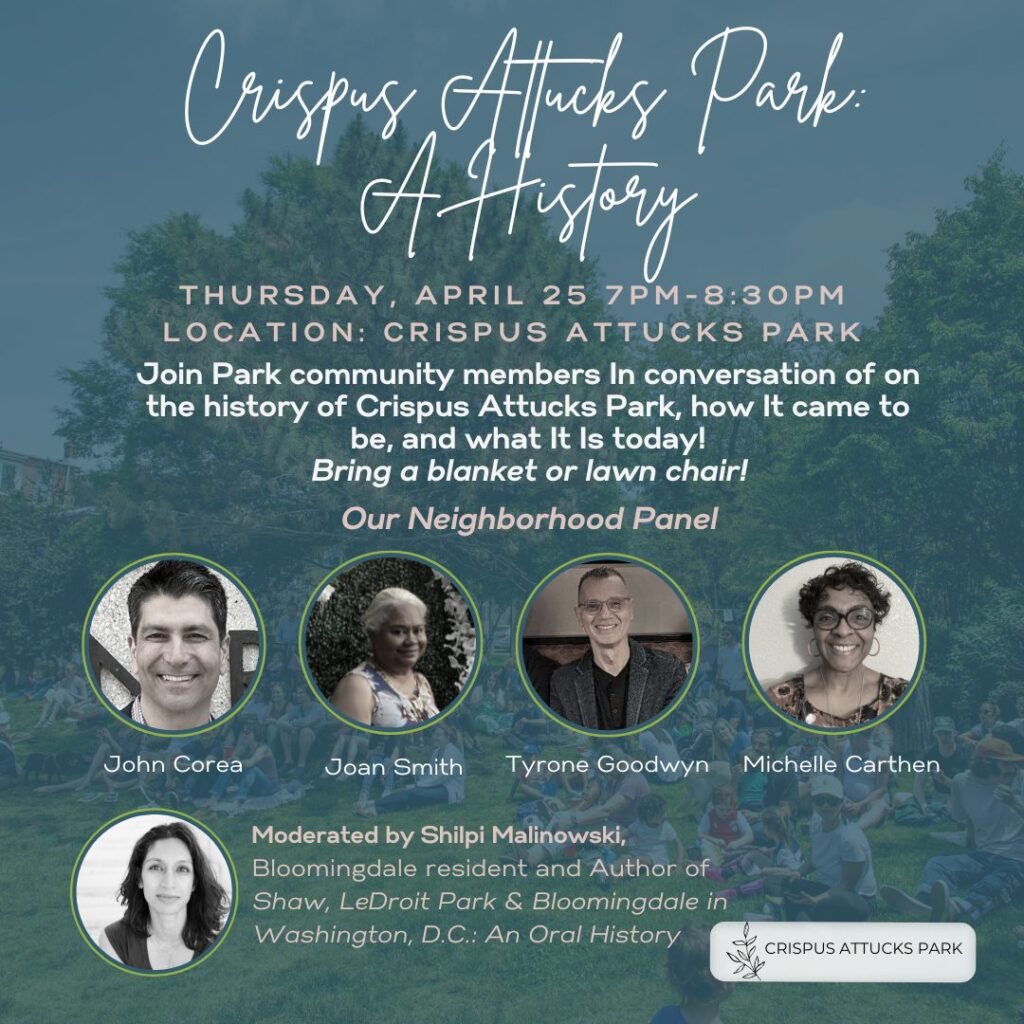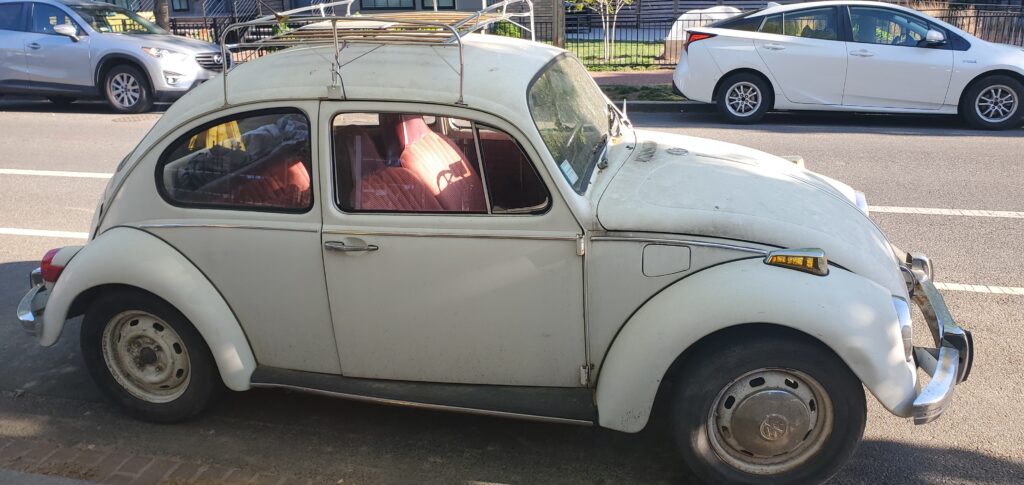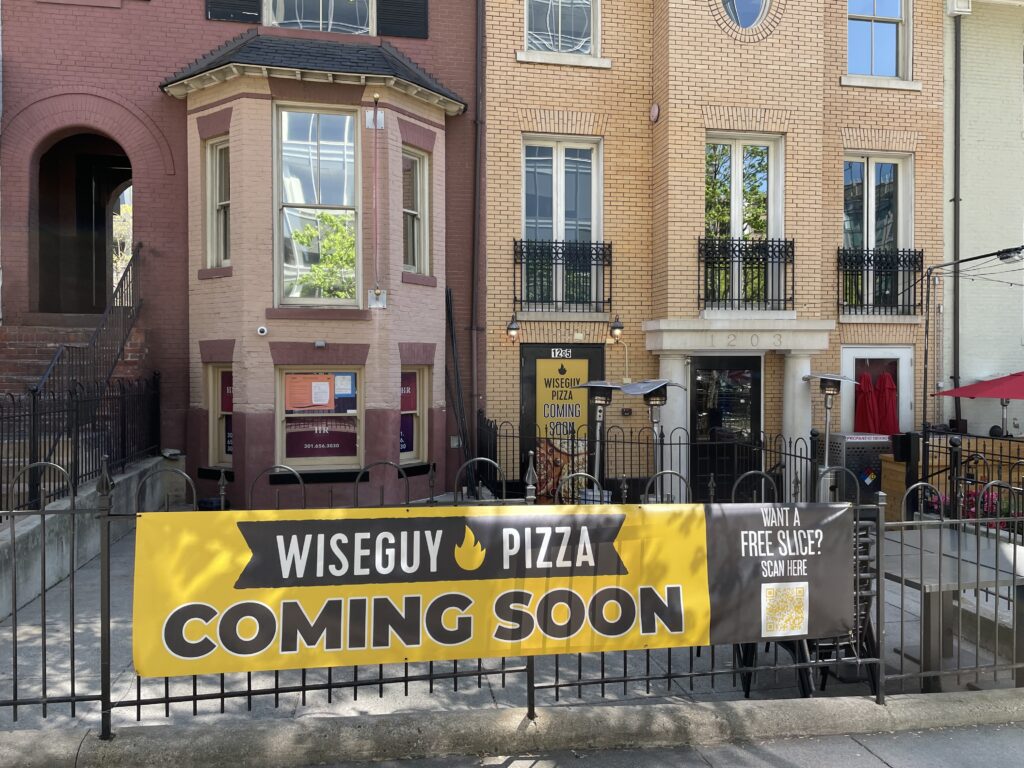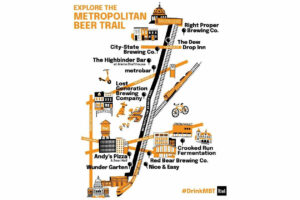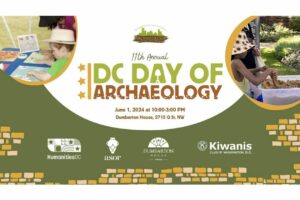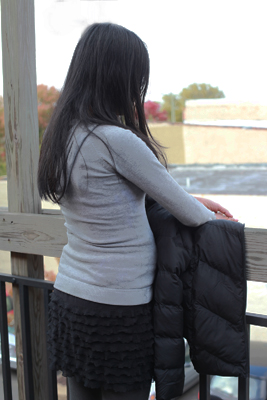
Danny Harris is a DC-based photographer, DJ, and collector of stories. He launched People’s District, a blog that tells a people’s history of DC by sharing the stories and images of its residents. You can follow People’s District on Twitter @PeoplesDistrict, and can read his previous columns here.
“Sometimes, I still don’t know what happened to me. My life is like a bad dream. I just came to this country for three weeks, and now I can never go back to my home in Burma. It is very difficult for me to accept my situation. My family supports me and tells me that I should not go back home and spend my life in jail. My father tells me not to lose hope, and that things will change. Even though this place is heaven compared to Burma, home is home. I just wish that I could go home.
“I was born in a small city in the Delta of Burma, also called Myanmar. My father was a well educated, government officer and his family was rich from selling wood. When the military dictatorship came in, they fired all of the civil servants. My father became a part of the democracy movement of Aung San Suu Kyi. She is a very famous democracy leader who was awarded the Nobel Peace Prize, and is now in jail. When they arrested her, they also came to arrest all of the party members.
“When I was ten years old, the police came to our door looking for my father. He escaped out of the back window and went to Thailand without even saying, ‘bye bye’ to anyone. I didn’t see him or hear from him for three years. When you make the government mad in Burma, they don’t only come after you, they destroy all of your family life. When my father escaped, the police and military came to our house and business to annoy us every day. We knew that we couldn’t live in that situation any longer, so one night, the whole family moved to Yangon.
Continues after the jump.
“We come from a small city where everyone knows who we are. In Yangon, there were four million people and no one knew us, so we could live without harassment. We got new IDs with different names and started a new life. At 12, I started working in the coal mines and fishing factories with my brother to support our family. The next year, my father found us in Yangon. He had been on the Thailand border waiting to come back. While he was away, he got dengue fever and malaria and was never able to work again. My brother and I continued working even harder to support us, and I also went to school.
“When it came time for university, I was not able to go to the good school because I would have had to use my real ID, which would have told people who my father was. Instead, I went to a distance learning school, which is like an online university here. While the education was not good, my father is well educated and he taught me English and world news. My Dad listened to BBC and Voice of America and that made me want to become a journalist.
“In 2000, when Burma wanted to show that they had ‘media freedom,” they allowed a weekly public journal that I went to work for. They had so much press censorship that every journal took the government four days to check. They would check every word and advertisement to make sure that nothing was bad for the dictatorship. We couldn’t write that the economy was down or that there was a fire somewhere. Even though it was so controlled, I tried to make the best reports I could even with the censorship.
“Someone at the U.S. Embassy in Burma was reading my reports and liked my news. They offered me a scholarship to get proper training in journalism. For three years, I went to study at the American Information Center in Burma where I learned how to be a journalist. During the scholarship, I also got opportunities to travel to Thailand, the Philippines, and Europe to learn about journalism. In Burma, foreign journalists can’t get news, so they rely on us. The trainings were to help them get news, and also to help train the people in my office on how to report the news. Through them, I was able to get news out of Burma about the killings, torture, and arrests committed by our horrible government. I knew that it was dangerous work, but I had to do it.
“Everything was fine until 2009 when the U.S. Embassy selected me to come to America to secretly study democracy for three weeks. Until then, everyone just thought that I was a regular journalist, and no one knew that I was reporting in secret. When I got the opportunity, I was so happy that I was going to see the White House and finally visit America. My Mom was nervous because my father had thyroid cancer and she didn’t want to me to stay away, but I told her it would be okay and I would be back soon.
“While I was in America, they took our group to visit a university in Florida as part of the exchange program. The school asked for the names, email, and addresses of all of us. When I got back to D.C., I found out the school sent a note to my office in Burma saying, ‘Hi, Htar. Thank you very much for your visit to our school.’ When the letter was handed over to the police in Burma, they started asking why was I in America and what was I doing at that school. They raided my office and home and harassed my family . The police found out about the secret relationship that I had with the press and the American Embassy. In Burma, when this happens, it is not good. My office and family called me and told me to stay in the United States and not to come back because I was going to go to jail for life if I returned. They were waiting for me at the the airport. That was in February 2009.
“When my journalism teacher found out, he helped me find a place to live with his friend and he found me a little job, reporting news on Burma from Washington. When my visa was going to expire, he helped me apply for asylum. Now, I am waiting to become a permanent resident. None of this was supposed to happen. My life is not here, it is in Burma. I am stuck in this country and I want to go home. No matter how bad things are in Burma, home is home. I want to be home with my family and wish this whole thing never happened.”
Recent Stories
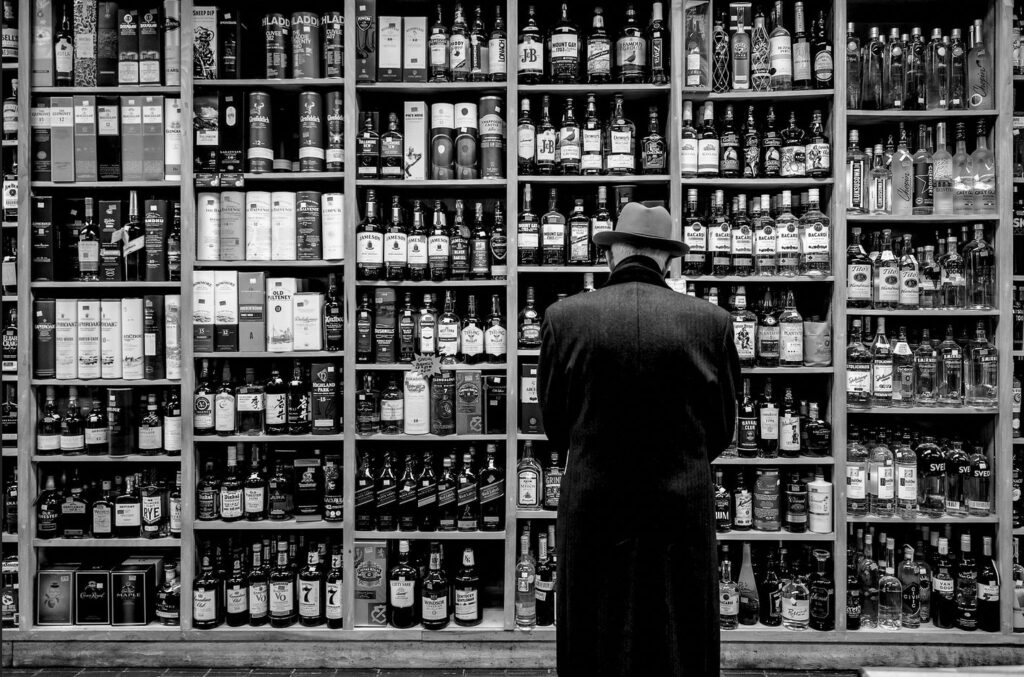
Photo by Beau Finley Ed. Note: If this was you, please email [email protected] so I can put you in touch with OP. “Dear PoPville, Him, dapper chap with a light…
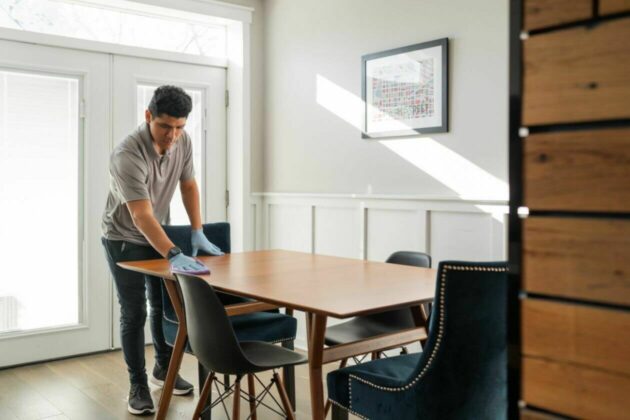
For many remote workers, a messy home is distracting.
You’re getting pulled into meetings, and your unread emails keep ticking up. But you can’t focus because pet hair tumbleweeds keep floating across the floor, your desk has a fine layer of dust and you keep your video off in meetings so no one sees the chaos behind you.
It’s no secret a dirty home is distracting and even adds stress to your life. And who has the energy to clean after work? That’s why it’s smart to enlist the help of professionals, like Well-Paid Maids.

Unlock Peace of Mind for Your Family! Join our FREE Estate Planning Webinar for Parents.
🗓️ Date: April 25, 2024
🕗 Time: 8:00 p.m.
Metropolitan Beer Trail Passport
The Metropolitan Beer Trail free passport links 11 of Washington, DC’s most popular local craft breweries and bars. Starting on April 27 – December 31, 2024, Metropolitan Beer Trail passport holders will earn 100 points when checking in at the
DC Day of Archaeology Festival
The annual DC Day of Archaeology Festival gathers archaeologists from Washington, DC, Maryland, and Virginia together to talk about our local history and heritage. Talk to archaeologists in person and learn more about archaeological science and the past of our


